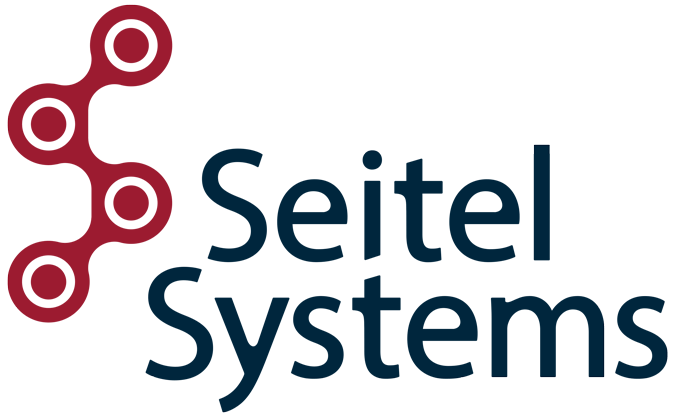The information technology (IT) industry has been turbulent in recent years, with a high number of employee resignations. Many professionals are finding that the IT field is no longer as fulfilling as it once was, and they’re choosing to pursue other opportunities. This has led to many vacant positions in the IT industry, which employers are struggling to fill.
Some possible explanations include changes in the way work is done, a shortage of skilled workers, or dissatisfaction with current conditions. Whatever the reason may be, these resignations could have far-reaching consequences for the IT world.
The Great Resignation
Since the start of the COVID-19 pandemic, there have been mass resignations of workers across different industries. This is primarily due to the uncertain economic situation and lack of job security that the pandemic has brought about.
Many companies have also been forced to downsize or close completely due to the pandemic, another factor which has contributed to the resignations.
The Great Resignation has had a significant impact on businesses and the economy as a whole. It has led to a shortage of labor in many industries and has put immense pressure on those left behind.
How the Tech Industry Has Been Impacted
The tech industry as a whole has been hit hard by the recent wave of resignations. Many companies are struggling to find qualified replacements for their departed employees, and the effects are being felt throughout. This has been especially true for those with experience and expertise in specific areas, such as artificial intelligence (AI), big data, and cloud computing.
The reasons for this exodus are numerous, but most can be boiled down to two key factors: the high cost of living in tech hubs such as San Francisco and Silicon Valley, and the increasing demands of the industry.
The employment website Indeed currently has over 5 pages of job openings for each position (such as “IT support manager” and “Help Desk”), which shows how big the demand for IT workers is. While this demand is beneficial for those already employed in the industry or just starting out, it can make it difficult for companies to find qualified candidates to fill their open positions.
In some ways, IT support is like office lighting: You’re comfortable with it working nicely until the power goes out, and then you’re in the dark scrambling for the light.
Dealing with the Loss of IT Staff
Losing even one employee can be a blow to a company, but when it comes to losing IT staff, the consequences can be far more severe. After all, IT staff are responsible for ensuring your company’s systems and website are constantly updated, and troubleshooting when things go wrong. Without them, your business would quickly grind to a halt.
There are a few things you can do to minimize the impact of losing IT staff, and even prevent it from happening in the first place.
One option is to outsource your IT needs to a third-party provider. This can be a cost-effective way to make sure your business always has access to the latest technology and expert support, without having to worry about losing in-house staff.
Another option is to implement a 24-hour IT support service. This way, even if your in-house IT team is unavailable, you’ll always have someone on hand to help resolve any issues as quickly as possible.
Typical IT Structure Within an Organization
Most organizations have some form of 24-hour IT resource, whether it’s an on-call support person, help desk, or technical support center. The type of IT resource an organization has depends on the size of the company and the criticality of its systems. For example, a large company with mission-critical systems may have a dedicated team of support staff working in shifts around the clock, while a small business may simply have an after-hours voicemail box for urgent issues.
The 24-hour IT resource supports users during all hours of operation, including weekends and holidays. They’re typically the first point of contact for users experiencing problems with their computer systems or applications. The goal of the 24-hour IT resource is to resolve user issues as quickly and efficiently as possible, minimizing downtime and maximizing productivity.
What Do You Actually Need from Your IT Provider?
Organizations will have to decide what they actually need from their IT provider. This will help them determine whether they need specific skills or functionality. The provider should also be able to give the organization what they need to stay up and running.
Functionality is one of the most important things an organization needs from its IT provider. They need to be certain the provider can give them the tools and resources they need to remain operational. Providers should also be able to offer support and maintenance for their products and services.
Skills are another important factor that organizations need to consider when selecting an IT provider. The provider should be able to provide the organization with the skills and knowledge they need to be successful. The provider should also have a good understanding of the industry and offer advice on how to best use their products and services.
Outsourcing Your IT Needs
The idea of outsourcing your IT needs might seem a bit daunting at first. After all, entrusting the sensitive data and systems of your business to an external resource can be a scary proposition. But when done correctly, outsourcing your IT needs can be a major boon for your business.
Here are just a few benefits you can enjoy by outsourcing your IT needs:
- Cost savings – One of the biggest advantages of outsourcing your IT needs is the cost savings it can provide. When you outsource your IT functions, you don’t have to invest in expensive hardware and software or pay for expensive in-house staff. Instead, you can simply pay for the services you need on an as-needed basis. This can save a significant amount of money, which can be reinvested back into your business.
- Increased efficiency – You can tap into a pool of highly skilled, experienced professionals. This can increase the efficiency of your IT operations, as well as improve the quality of the services you receive.
- Improved focus – You can free up valuable time and resources that can be better spent on other areas of your business. This can help improve your business performance and allow you to focus on more important tasks.
Regardless of the direction you take, don’t hesitate to give us a call or email. We’re happy to help keep the lights on as you navigate the transition, and of course, we’re equally happy to help your IT team be successful going forward.
Keep it simple. Contact us for the very best in IT support services.

